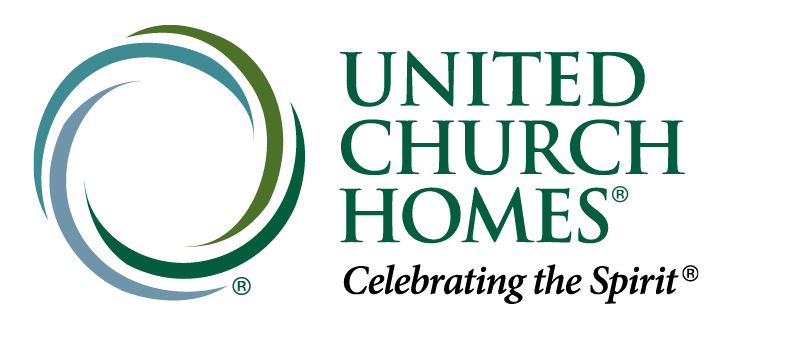Highlights from this week’s conversation include:
- Ryan’s background and journey into founding Here (2:35)
- The impact of the age wave (5:37)
- Investment and innovation in aging solutions (8:36)
- The importance of place in aging (10:46)
- Determinants of successful aging (12:39)
- The need to evaluate the right place at the right time (14:52)
- Place meaning more than physical location (22:16)
- Empowerment in senior living (27:47)
- The intersection of lifespan, health span, and well span (32:37)
- Designing a CRC at-home program (35:37)
- The degree of change and growth (45:09)
- Concluding Abundant Aging questions for Ryan (47:12)
Take your own Right Place Assessment
Abundant Aging is a podcast series presented by United Church Homes. These shows offer ideas, information, and inspiration on how to improve our lives as we grow older. To learn more and to subscribe to the show, visit abundantagingpodcast.com.

